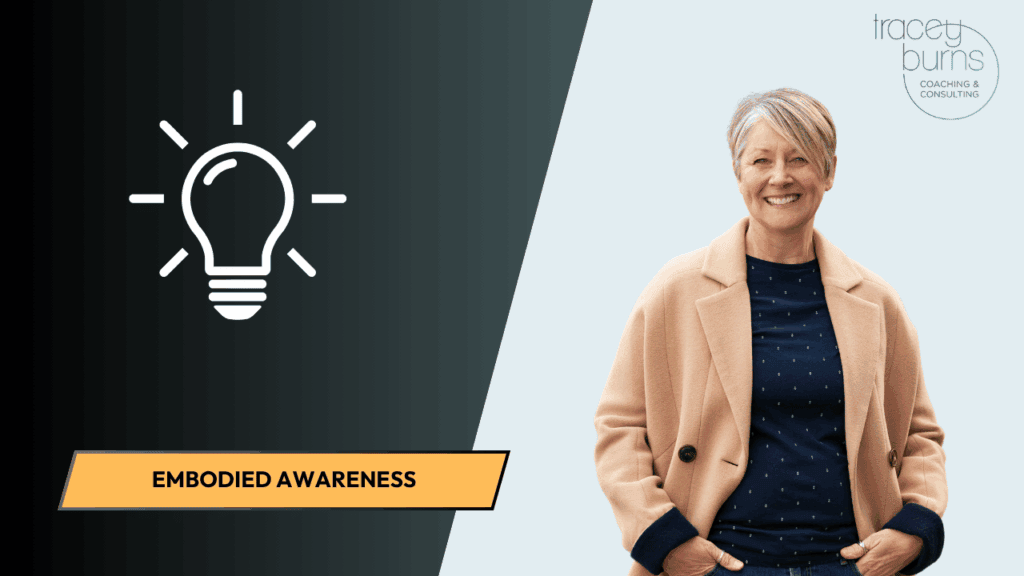As I work with coaches to nurture their skills, I’m often asked where I think coaching will be in the future. The source of the question may come from what education to pursue next, how to stand out in a sea of coaches or how to future proof their business.
It is an interesting time in our business, and I can only share my opinion based on the facts of today. I’m still sensing into this question myself.
Let’s start with my observations that:
- A growing number of coaches have multiple degrees and degrees in psychology;
- There are many therapists who are now also credentialed coaches;
- There are just as many in the HR fields who are also credentialed coaches;
- Credentialed coaches still face a struggle to differentiate themselves from non-credentialed coaches to consumers;
- There’s still consumer confusion around the definition of what it is to “be coached,” evoking vs telling;
- There are a growing number of wellness practitioners who actually better demonstrate the essence of coaching, evoking, keeping the space as clean as possible of bias, judgment, and consulting;
- Anyone can call themselves a coach without formal training, the coaching governing bodies have not moved to regulate this in any formal way;
- AI while useful, is not able to replicate the energetic experience that occurs between two humans. The value and necessity of this is often undervalued and overlooked in the coaching relationship;
- Universities and colleges are implementing dedicated coaching degrees;
- Internal coaches have grown in number, and organizations are seeing incredible results that can be achieved by adopting internal coaching departments;
- Coaching is covered under some private healthcare plans and/or employee benefit packages but is usually offered through a health practitioner from another discipline that is covered under traditional health insurance. Therapists who have coaching credentials, for example.
In addition, there’s a growing movement away from traditional ‘talk therapy,’ which I believe is partly driven by the rise of neurodivergence. As someone who is part of this community, I’ve noticed a growing demand for neuroaffirming and somatic approaches, which prioritize feeling and experiencing over talking or analyzing.
Coaching is evolving rapidly, and the future holds exciting possibilities. Here are a few trends I think we’ll see more of:
1. Integration with Technology
Coaching will likely become more integrated with technology, using AI-driven tools and data analytics to provide insights, track progress, and personalize experiences. Virtual and augmented reality might even play a role in offering immersive coaching experiences similar to that human energetic exchange I talked about. Can AI get there? That will be a freaky and fascinating day.
2. Holistic and Multidisciplinary Approaches
As more people recognize the interconnectedness of mind, body, and spirit, coaching will increasingly blend psychology, wellness, neuroscience, and even somatic practices. Coaches will take a more integrated approach, offering personalized support that spans mental health, emotional well-being, leadership, and personal growth.
3. Specialization and Niche Focus
The coaching industry will continue to grow in specialization. While we already see coaches focusing on niches like executive leadership, money mindset, and well-being, this trend will expand as clients seek experts who deeply understand their unique struggles and needs, especially in emerging fields like neurodivergence, social justice, and sustainability.
4. Corporate Coaching Becoming Standard
Organizations are likely to continue incorporating coaching as part of their employee development programs. Beyond traditional leadership coaching, there will be an increased emphasis on emotional intelligence, resilience and mental health coaching within the workplace.
5. More Collaborative and Group Coaching
One-on-one coaching will remain valuable, but group coaching models will become more popular as people seek community support and shared learning. Platforms that allow for group coaching, peer accountability, and collaborative learning will likely thrive.
6. Increased Focus on Emotional and Mental Health
As mental health awareness grows, coaching will continue to play a significant role in supporting emotional resilience and personal healing. Coaches will partner more with therapists or mental health professionals, creating a more integrated and supportive approach to overall well-being.
7. Accessibility and Affordability
With the rise of online platforms and more flexible formats, coaching will become increasingly accessible to people from various backgrounds and financial situations. Micro-coaching (short, affordable sessions) and digital coaching programs will become more mainstream.
8. Outcome-Focused Coaching
There will be a stronger focus on tangible outcomes, not just personal growth or development for its own sake. Clients will want to see measurable results in areas like performance, financial success, or life satisfaction, and coaches will be more data-driven to track progress and demonstrate impact.
The future of coaching will likely be even more personalized, data-informed, and interconnected with broader wellness and professional development trends.
What do you think?
What are you experiencing in your world?
Which of these trends align with your own practice, values, goals and purpose?





